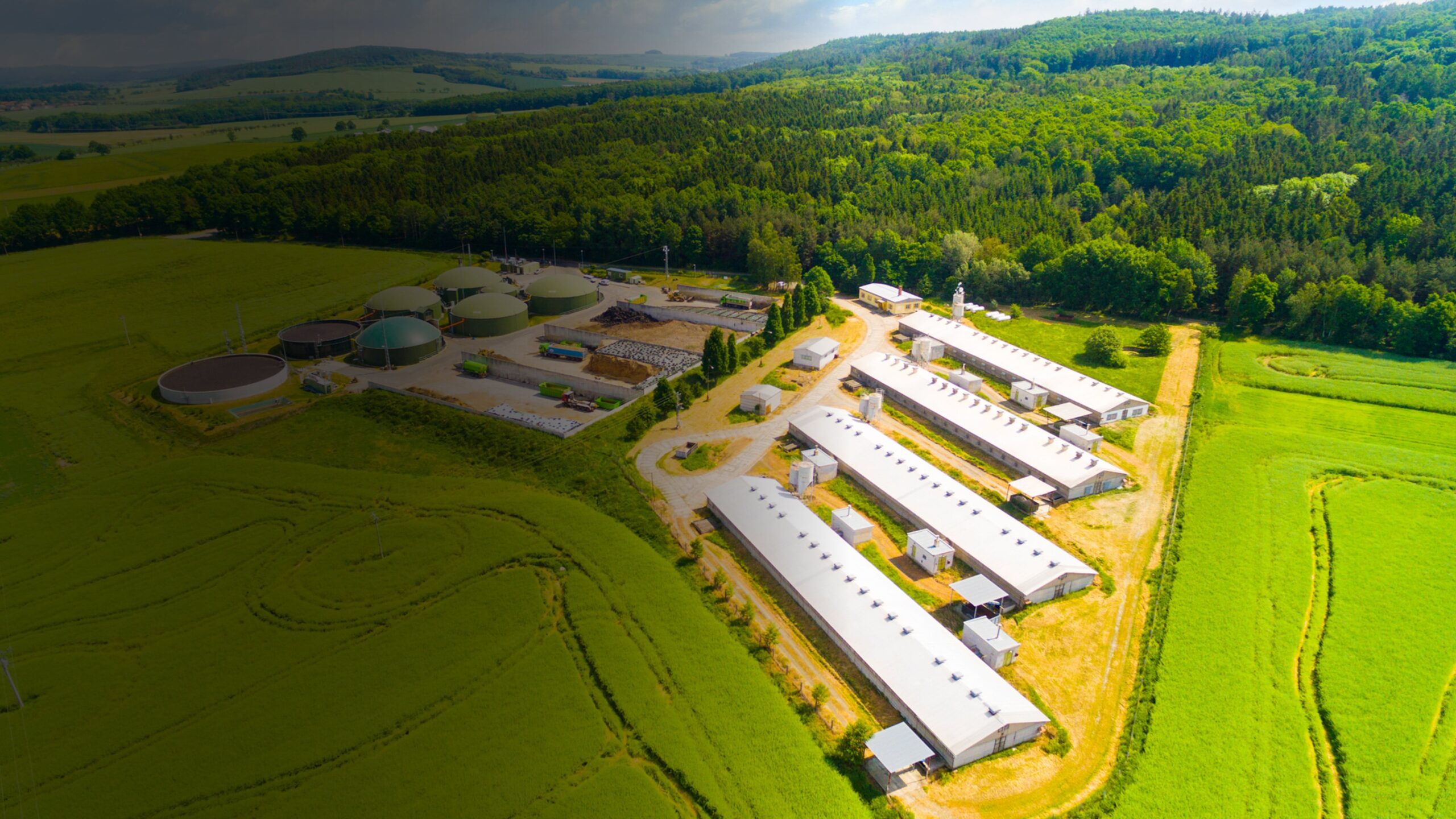As the global community intensifies efforts to combat climate change, the transition to sustainable energy sources has become paramount. The transportation sector, a significant contributor to greenhouse gas emissions, is undergoing a transformative shift towards renewable fuels. This article delves into four pivotal streams: Biofuels, Biogas, Sustainable Aviation Fuels (SAF), and Sustainable Maritime Fuels, exploring their current status, challenges, and future prospects.
Biofuels: Powering Road Transport
Biofuels, derived from organic materials such as plant biomass and waste oils, serve as renewable alternatives to conventional fossil fuels. They are categorized into:
-
- First-generation biofuels: Produced from food crops like corn and sugarcane (e.g., ethanol).
- Second-generation biofuels: Sourced from non-food biomass, including agricultural residues and woody crops.
- Third-generation biofuels: Derived from algae and other microorganisms.
Market Outlook
The global biofuels market is poised for significant growth. The International Energy Agency (IEA) projects a 20% increase in renewable fuel production by 2030. However, to align with net-zero goals, more substantial growth is imperative.
Key Challenges
-
- Feedstock availability: Ensuring sustainable sourcing without impacting food security.
- Production costs: Economic viability is challenged by fluctuating feedstock prices and technological limitations.
Biogas: Renewable Energy from Waste
Biogas is produced through the anaerobic digestion of organic matter, including agricultural waste, manure, and municipal waste. Composed mainly of methane and carbon dioxide, biogas can be utilized for electricity generation, heating, and as a vehicle fuel in the form of biomethane.
Market Outlook
The shift towards biogas contributes to waste management and reduces reliance on fossil fuels. Global investment in biogas infrastructure is growing, with increasing adoption in transport and industrial sectors.
Key Challenges
-
- Feedstock supply consistency: Ensuring a steady and sustainable input of organic materials.
- Infrastructure development: Expanding biogas processing and distribution networks.
Sustainable Aviation Fuels (SAF): Decarbonizing the Skies
SAF represents a class of non-conventional aviation fuels derived from sustainable resources, including waste oils, agricultural residues, and non-food crops. These fuels are designed to seamlessly replace conventional jet fuel, offering a potential reduction in lifecycle greenhouse gas emissions by up to 80%.
Market Outlook
The SAF market is experiencing exponential growth, with projections indicating an increase from $0.79 billion in 2024 to $1.22 billion in 2025, reflecting a compound annual growth rate (CAGR) of 53.7%. Despite this growth, SAF currently accounts for less than 0.1% of aviation fuel usage.
Key Challenges
-
- Production scalability: Expanding production capacity to meet global demand.
- Economic feasibility: High production costs make SAF less competitive compared to traditional jet fuels.
Sustainable Maritime Fuels: Steering Towards Net Zero Shipping
The maritime industry, responsible for approximately 2-3% of global greenhouse gas emissions, is exploring alternative fuels to reduce its environmental footprint. Key sustainable options include:
-
- Biofuels: Derived from waste oils and lignocellulosic feedstocks, offering a drop-in solution for existing engines.
- E-fuels: Synthetic fuels produced using renewable energy and captured carbon dioxide.
- Ammonia: A zero-carbon fuel with growing interest, though safety protocols need refinement.
- Methanol: A promising alternative that can be produced from renewable sources and is compatible with existing bunkering infrastructure.
Market Outlook
The demand for sustainable maritime fuels is rising, driven by IMO 2050 decarbonization targets. Investment in new fuel technologies and supply chains is accelerating, particularly in Europe and Asia.
Key Challenges
-
- Fuel availability: Ensuring a consistent and sustainable supply of alternative fuels.
- Infrastructure development: Establishing global bunkering facilities for new fuel types.
- Regulatory frameworks: Implementing international standards to facilitate the transition.
The transition to sustainable fuels across various transportation sectors is both a necessity and a challenge. While significant strides have been made in developing and adopting biofuels, biogas, SAF, and maritime fuels, overcoming economic, technological, and infrastructural barriers is crucial. Collaborative efforts among industry stakeholders, policymakers, and researchers are essential to accelerate this transition and achieve global sustainability goals.




















